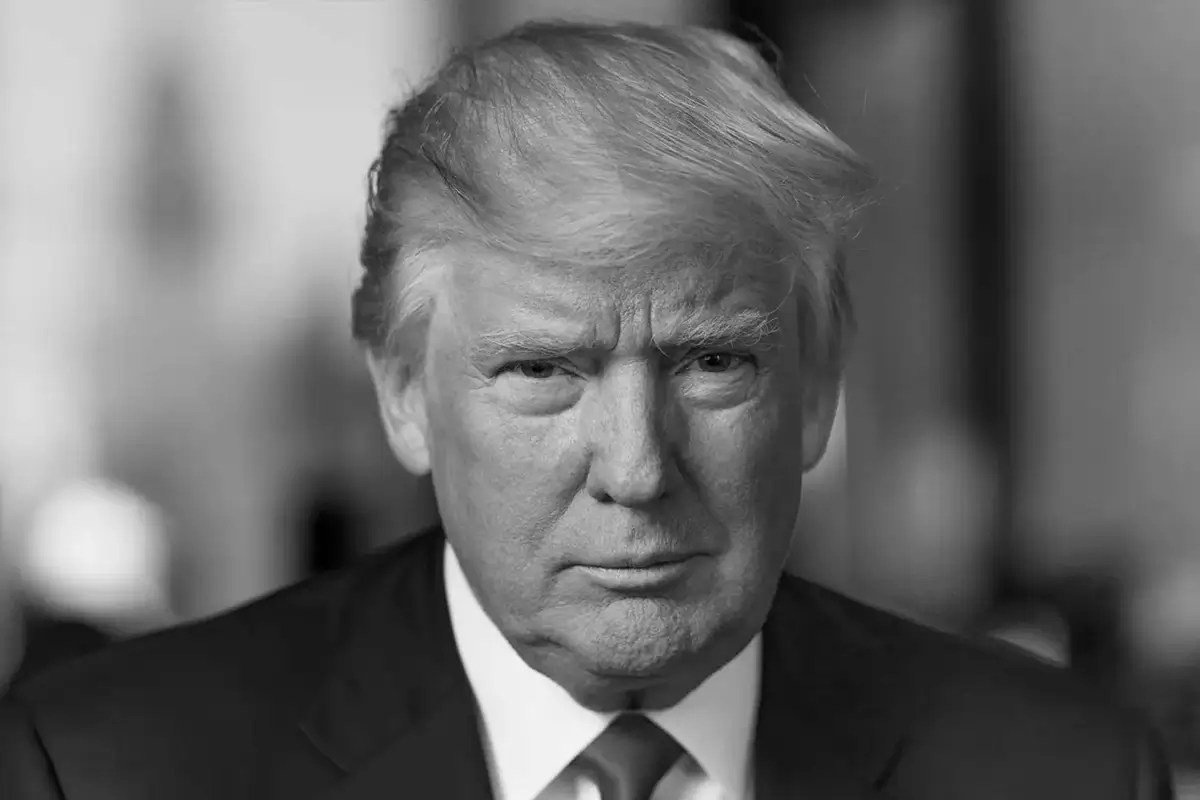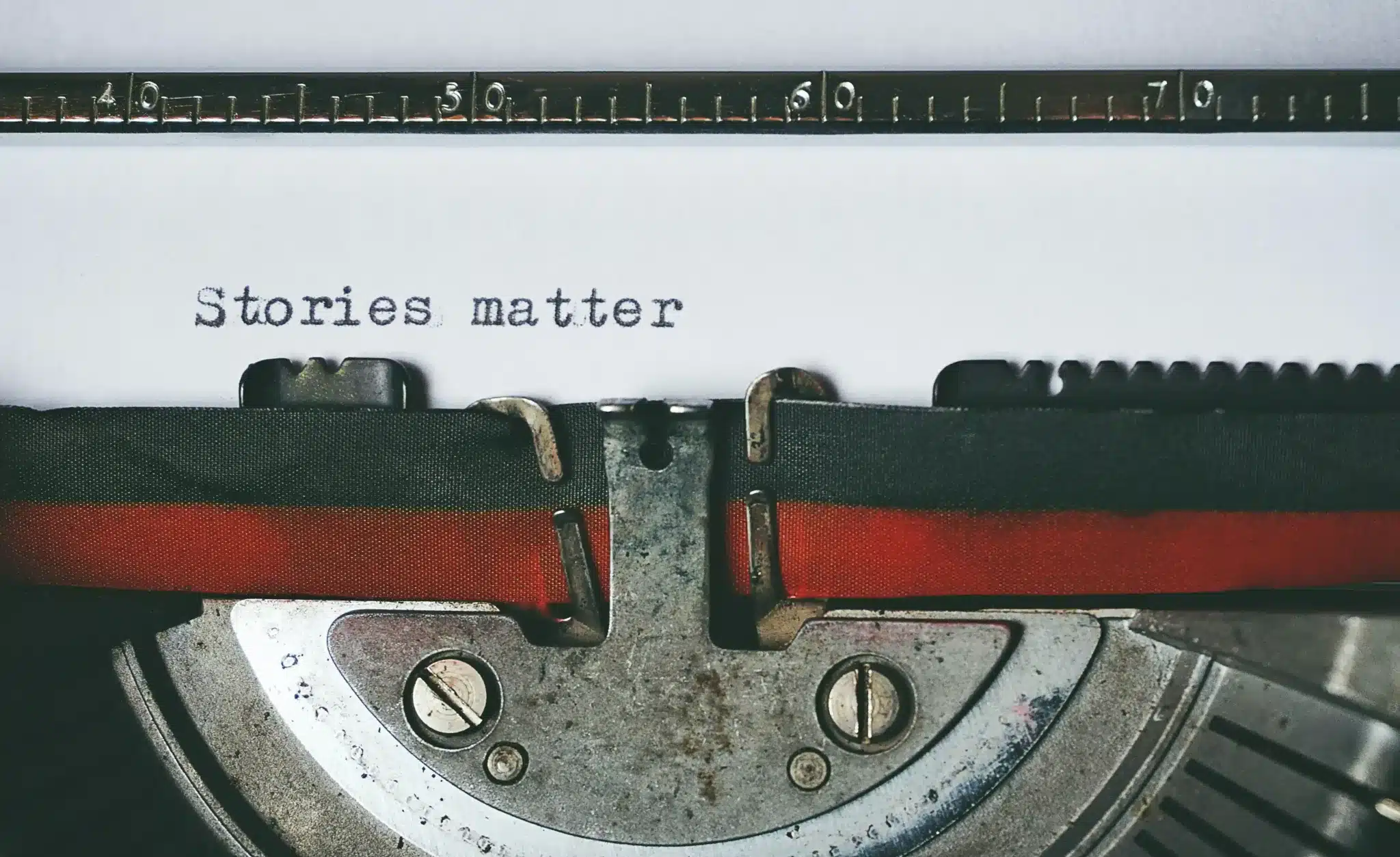TLDR
Whenever a work of fiction covers one or more political topics, I believe there are degrees of potential risks and rewards that depend on these factors:
- The topics
- How specific the topic gets
- Whether the content criticizes real people such as politicians
- How the political content in the piece aligns with expectations established before reading
- When the work of fiction is published
- Whether the work of fiction reaches a wide audience (the wider the audience, the more chance of upsetting people and reaching targets of criticism)
- If the piece directly addresses an attitude or behavior many readers are likely to have
- Whether the author is at risk of physically harmful retaliation from their community or the high-profile people they criticize
There are three types of potential risks:
- Negative reviews and press, which can damage sales and author career prospects such as future book deals
- Disgruntled readers taking damaging physical action against the author
- Depending on author intention and average audience interpretation, the book could have a net negative impact on certain parts of the world, even the entire world
As you might have guessed, the potential rewards are the positive versions of the risks.
Each of the factors outlined above have a spectrum of political risk-reward. The greater the risk to the author’s career or life, the higher the potential reward. Unfortunately the author is not guaranteed to benefit from the reward. If the book results in the author’s death, for example, the reward is usually to society, specifically members of the author’s community who now have a martyr.
To illustrate this dynamic, let’s fully explore the risk-reward concepts for each of the eight factors mentioned at the start of this article.
Editorial Note: Here’s how I define Liberalism, Neoliberalism, and Centrism for context.
1. Safe vs. Risky Political Topics
On the safe end of the spectrum, there is corruption, bigotry, historical wars, pollution, discrimination, etc. Readers generally agree that these things are bad.
Topics that tend to be at least a little risky — even without the levels of specificity we outline below — include:
- abortion
- countries with an adversarial or warring relationship with the West
- freedom of speech
- gentrification
- immigration
- Palestine and Israel
- religion
- reparations
- police brutality
- privacy rights and surveillance
- terrorism
- trans issues
- Ukraine and Russia
- voting choices
2. Topic Specificity
There are degrees of specificity, and each degree can push a topic along a spectrum from safe to risky. Take the idea of political corruption we mentioned above.
Safe
- A vague idea of political corruption in a purely fictional world
- A vague idea of political corruption in a realistic fiction setting
- A detailed illustration of political corruption in a real-world country, political party, company, etc.
Risky
On the risky end of the spectrum, the author is increasing their chances of offending readers and critics who support or work for the target of criticism.
3. Whether the Narrative Criticizes Real Public Figures
Public figures are usually wealthy. They have money for lawyers. They often have power over platforms authors use to make money. They have legions of followers who will attack their critics. When a fiction book targets a public figure, the risk level further increases if that person has a reputation for being litigious and vindictive. In the most extreme cases, a public figure has the power to punish the author through slander, blackmail, imprisonment, torture, exile, murder and harming loved ones.
Another Consequence of Criticizing a Public Figure in a Fiction Book: A Case Study
I learned the hard way that retaliation from the public figure isn’t the only risk of including a real-life celebrity in a fiction book. Because I self-published my first novel, “Teach Me How To Die,” in 2017, I decided to include a scene about Trump. I thought the scene would be a nice easter egg.
My wife advised me against adding this scene, and I should’ve listened to her. “Teach Me How To Die” is not a political book overall. There are politics-adjacent messages in a few scenes, but nothing as jarring as suddenly seeing an obvious reference to the most famous person in the world.
Nearly all of my negative reviews mention or allude to this Trump scene. Here’s one example: “It’s good, and would of been better without the political character assassination. I personally don’t care about an author’s view of politics just tell me the damn story. It’s closed well and I truly love the basis of it. I liked it, was expecting something a long the line of What Dreams May Come. I was pleased with the story.”
Despite having so many positive thoughts about the novel, she gave me two stars, perhaps solely because of that short scene. Harsh, but I agree that these types of scenes can take readers out of the story.
To this day, I periodically consider removing the scene. It’s not necessary, and it’s a source of bad reviews. The novel is already short, arguably a novella, so I don’t think people would care about the slight length change. I’d love to hear your opinion.
I don’t think Trump will ever hear about or read my novel. He has bigger issues on his radar.
Editorial Note: Here’s why we need more Leftist writers.
4. Alignment With Reader Expectations Established Before Opening the Book
Expectations are a huge part of how readers emotionally react to fiction books. Even if the book immediately establishes that it will have certain political messaging, there could be specific messages that catch sensitive readers off guard.
This factor touches on a grey area where some critics may consider certain expectation subversions a simple case of bad writing. For example, it would be jarring for a seemingly apolitical beach read book to suddenly jump into a hyperspecific critique of pro-two-party system propaganda. Conversely, an attack on the two-party system would make sense in a politically-themed fiction book, even if the book doesn’t promise that specific messaging from the very beginning. Either way, there is a risk that readers will feel like the author is injecting overly specific, preachy political rhetoric into a book they were trying to enjoy primarily for its story, characters and prose.
5. Publication Date
Timing is crucial. Imagine a novel that criticizes the American government’s relationship with Israel. It would be much riskier if it happened to be published around October 7, 2023, when people around the world were — on average — more sympathetic to Israelis. Now that the average global citizen is more sympathetic to Palestinians, pro-Israel fiction books are riskier when served to the overwhelmingly left-leaning audiences who tend to consume literature.
6. Audience Reach
The more people authors reach, the higher chance someone will be offended. As the saying goes, it’s a numbers game.
7. If Some Readers Feel Personally Attacked
Books that influence the masses can better the world. One way to influence readers is to challenge common behaviors and beliefs that maintain a horrible status quo. Unfortunately this strategy can cause many readers to feel personally attacked or lectured.
My in-development third novel, “Bad Palestinian,” is likely to make many readers feel personally attacked. The novel illustrates how two-party system voters are partially responsible for American society being stuck in the two-party system and dealing with its negative repercussions around the world. As the result of two-party system support for Zionism in Palestine and Israel, the main character’s innocent parents die and are denied justice. The main character realizes that most of the people around him are too scared, propagandized, hateful or privileged to leave the system that is killing his family.
8. Retaliation from Groups, Regimes and Communities
Even if the fiction work doesn’t mention a specific public figure by their real name, the narrative may have rhetoric that condemns a community, government, religion, etc. These types of messages can cause the author to become endangered.
José Rizal, a Filipino author, is a powerful example of this dynamic. He wrote several novels that illustrated the horrors of Spain’s rule over the Philippines. In 1896, Spanish police arrested Rizal. The Spanish government executed him shortly afterward.
Editorial Note: Are you improving your writing skills? Learn how to write biracial characters.
Aligning Reader Expectations
Authors can improve reactions to political content in fiction works by establishing clear expectations beforehand. When I finish my first draft of “Bad Palestinian,” I’m going to include a warning/intro section at the beginning that ensures people understand exactly what type of book they’re about to dive into. I’m excited to see what the reaction will be.
Editorial Note: photo credit to History
Get recommendations on hidden gems from emerging authors, as well as lesser-known titles from literary legends.






